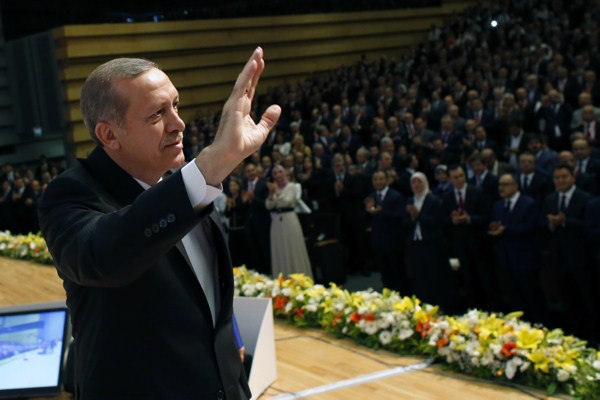In 1998, the United Nations held a General Assembly Special Session on the World Drug Problem, with the now-infamous aim to achieve “a drug-free world” by 2008. With preparations underway for a similar session in 2016, there is growing international momentum toward more humane and realistic policies. But one key player in counternarcotics, Turkey, is heading in the opposite direction.
On Sept. 23, Turkish Prime Minister Ahmet Davutoglu and Health Minister Mehmet Muezzinoglu issued a joint statement declaring a new war on drugs, with the objective of eradicating drug use in Turkey by 2023. Davutoglu stressed the similarities between the drug problem and terrorism, saying, “We will treat drug dealers as terrorists.”
The government was keen to react to the growing use of bonzai, a synthetic cannabinoid. According to a national police report from July, the drug accounts for half of all illicit drugs sold in Istanbul and has caused over 300 deaths in the country. But the new hardline policy ignores a crucial fact: Turkey’s drug problem isn’t new. In the 1960s, the United States Federal Bureau of Narcotics estimated that approximately 80 percent of the heroin consumed in the U.S. was trafficked through Turkey, and processed in Marseille, a scheme largely run by a set of gangs known as the “French Connection.”

